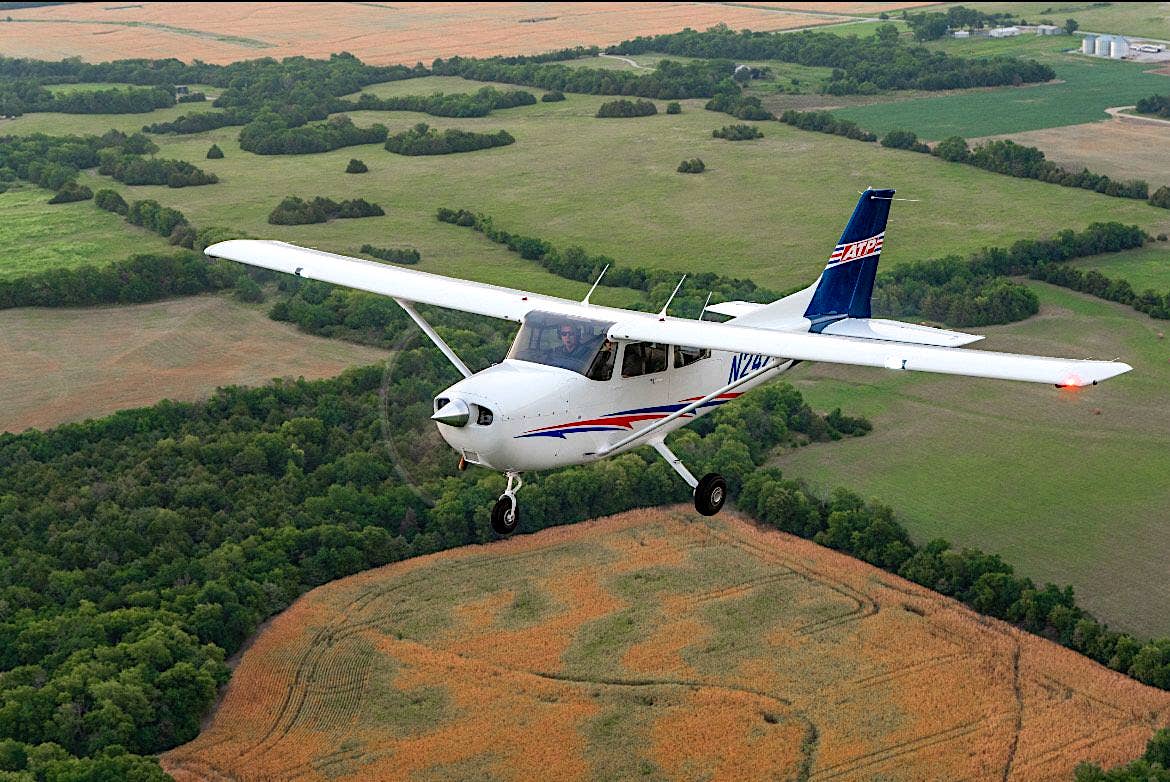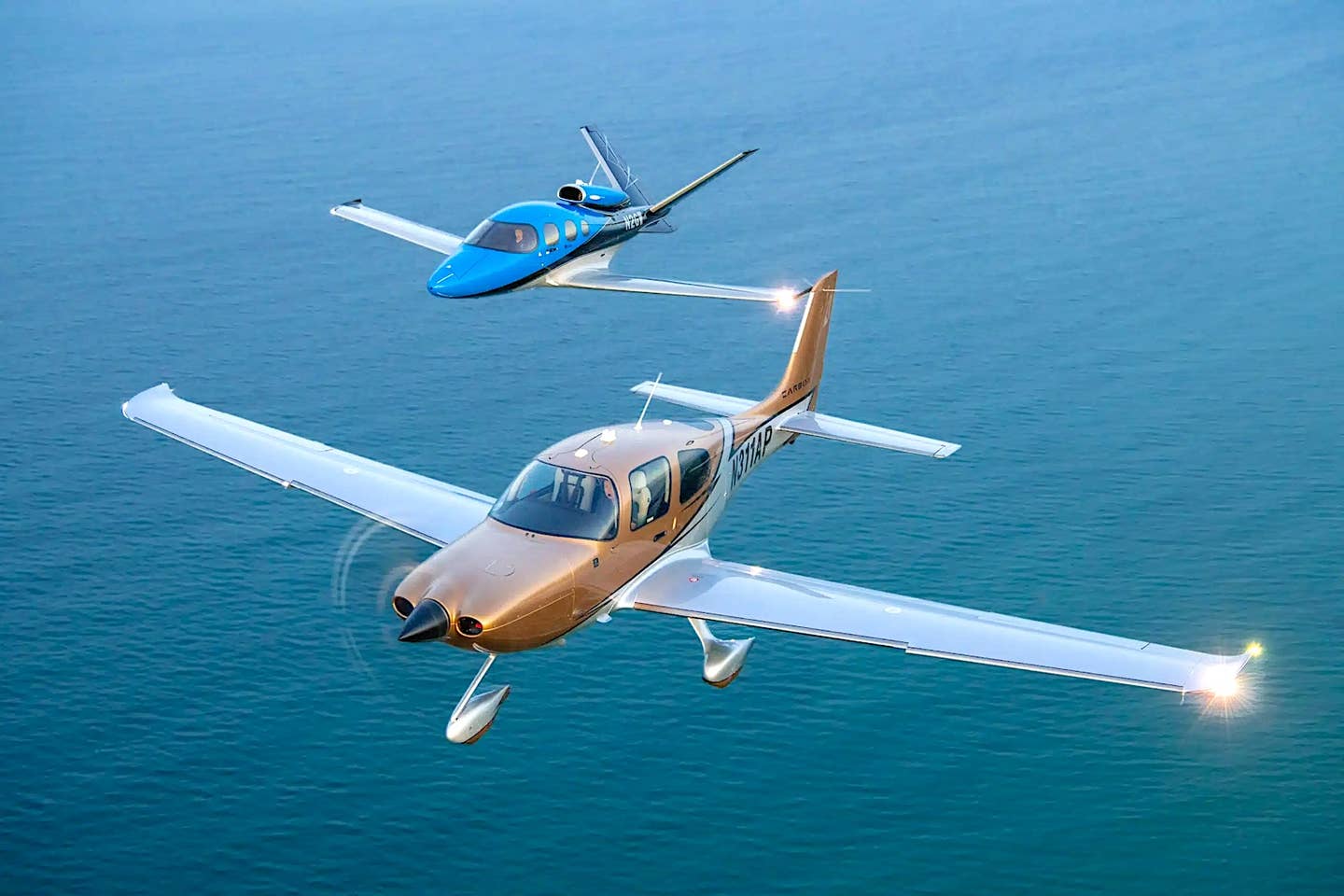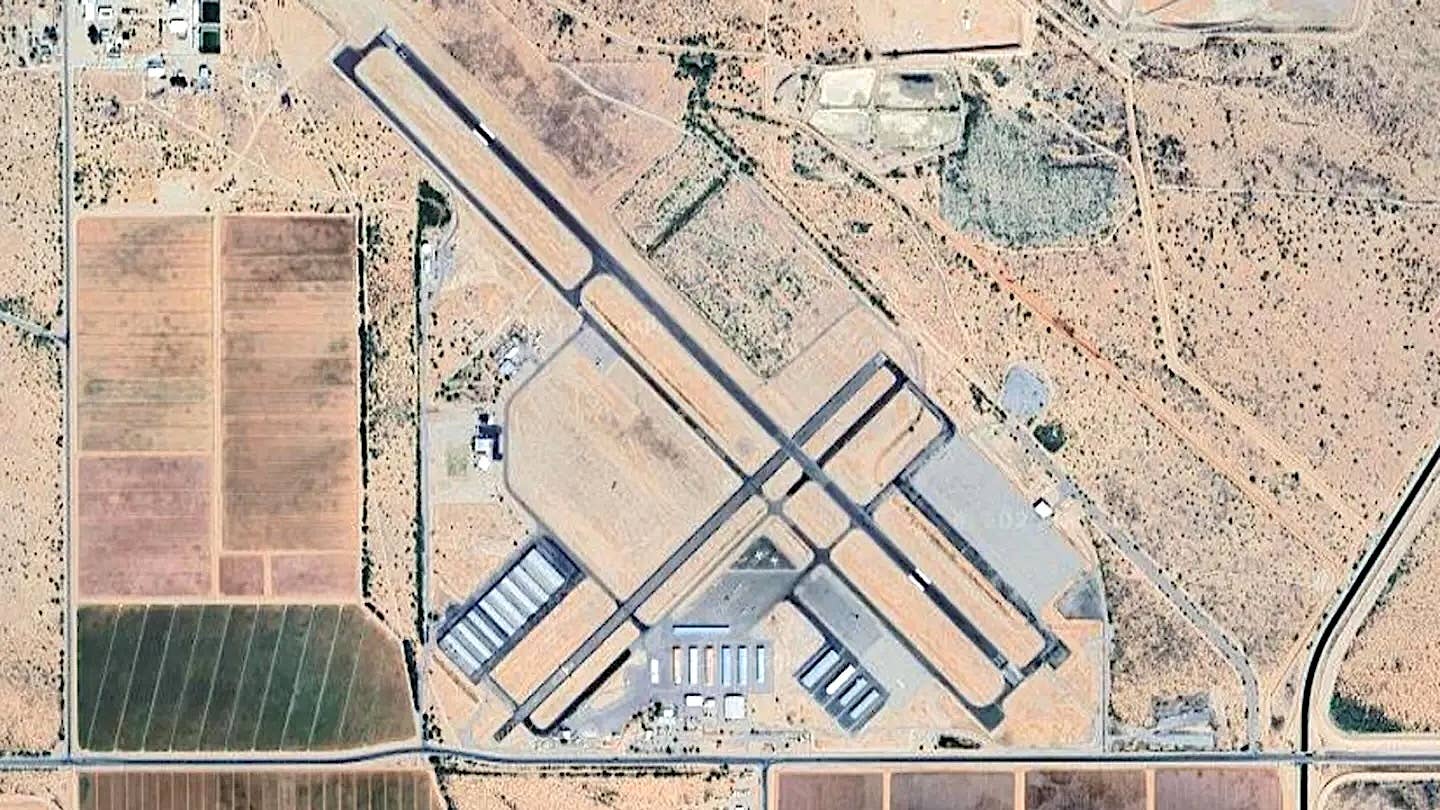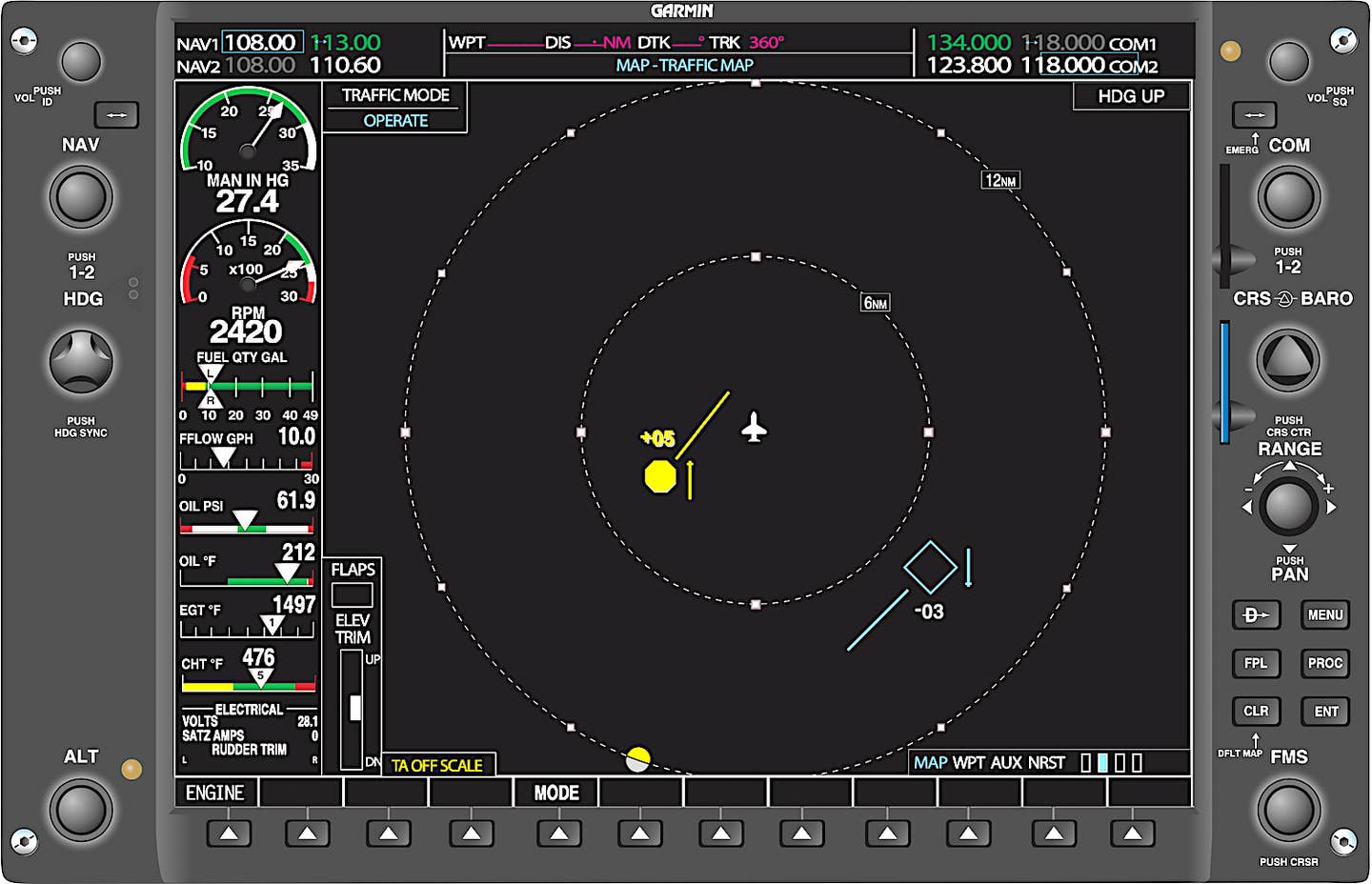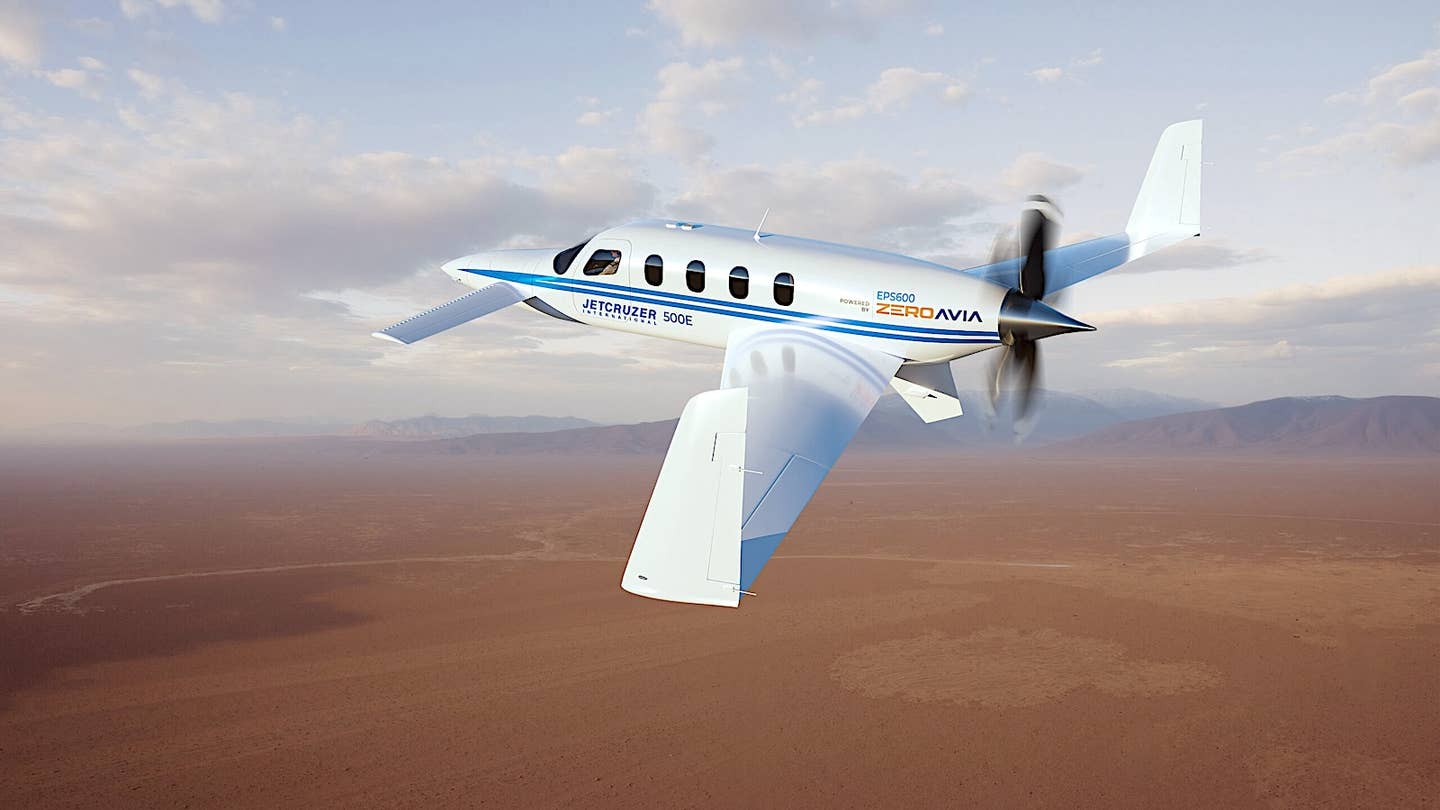Honeywell Forms New Drone Business Unit
Already active in the unmanned aerial systems field, Honeywell is doubling down on its investment in the category by starting a new business unit “equipped with its own engineering and…
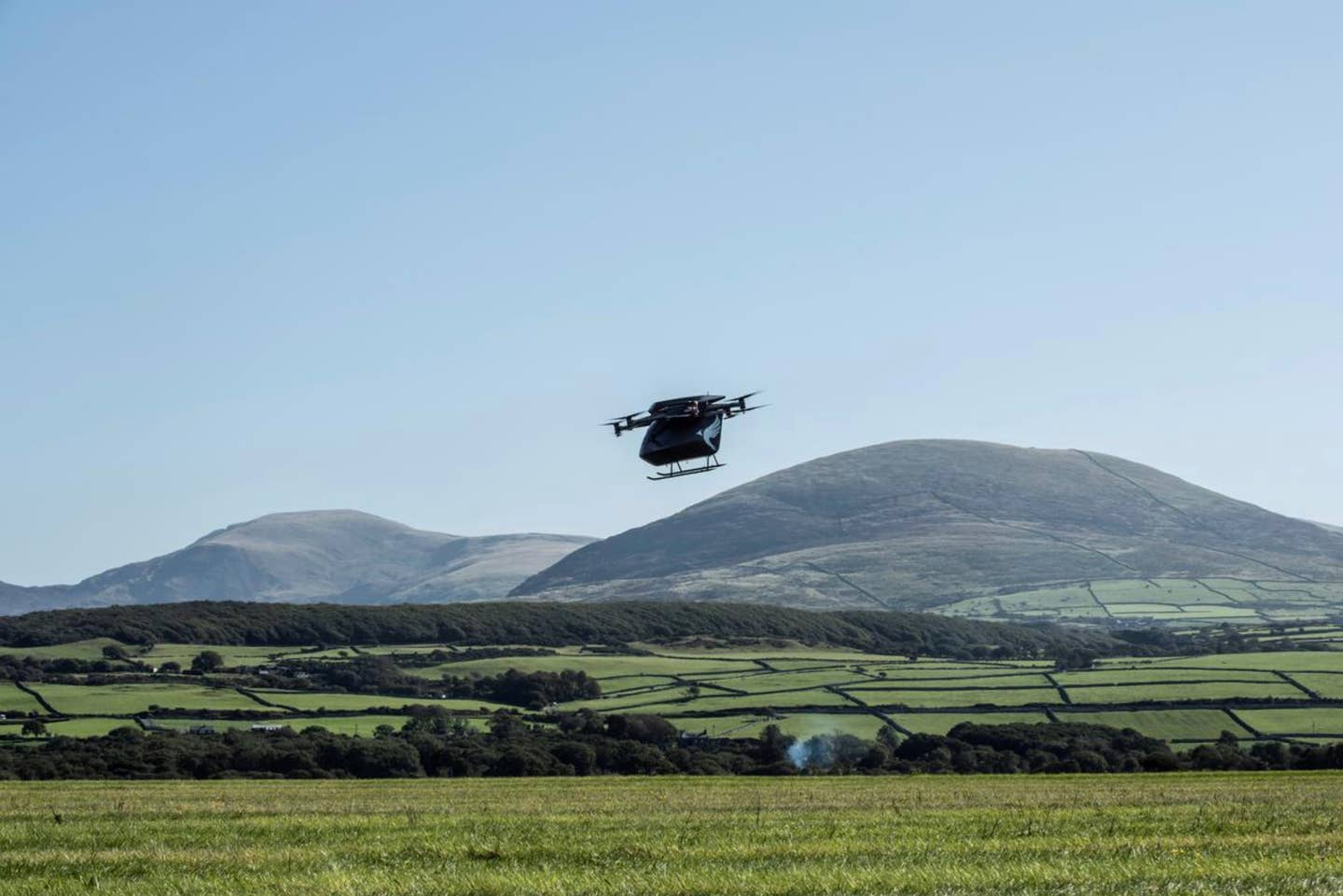
Image: Vertical Aerospace
Already active in the unmanned aerial systems field, Honeywell is doubling down on its investment in the category by starting a new business unit “equipped with its own engineering and sales resources” that will act as a “systems integrator” for future products, in particular focusing on software development. Honeywell wants to position itself in the center of what it sees as a rapidly emerging subset of aviation by providing “aircraft systems such as avionics, electric and hybrid-electric propulsion and thermal management, flight services such as unmanned air traffic management, and ground operations services such as predictive aircraft maintenance analytics. Beyond technology development, this business will be a single point of contact for innovative aircraft designers or operators to easily do business with Honeywell,” according to the company.
"We're seeing the dawn of a new era in aviation, and Honeywell is at the forefront," said Stéphane Fymat, vice president and general manager of the newly formed business. "By forming this new organization, we will be able to harness the power of our engineering resources and know-how to transform urban air taxis, drone delivery of parcels and all forms of autonomous flight from a future vision into an everyday reality."
"Urban Air Mobility and Unmanned Aerial Systems will play an increasing role in the future of aerospace, with potential applications in all-electric urban air taxi vehicles, hybrid-electric unmanned cargo drones, optionally piloted airplanes, delivery drones and everything in between," said Mike Madsen, president and CEO, Honeywell Aerospace. "Honeywell has already contributed many technological advancements to these markets, and is well positioned to continue growing our portfolio to meet customer needs and help shape the future of autonomous aviation and urban transport."
Honeywell believes the UAS market has the potential to reach $120 billion in revenue by 2030, with the company hopefully capturing about a fifth of that total.

